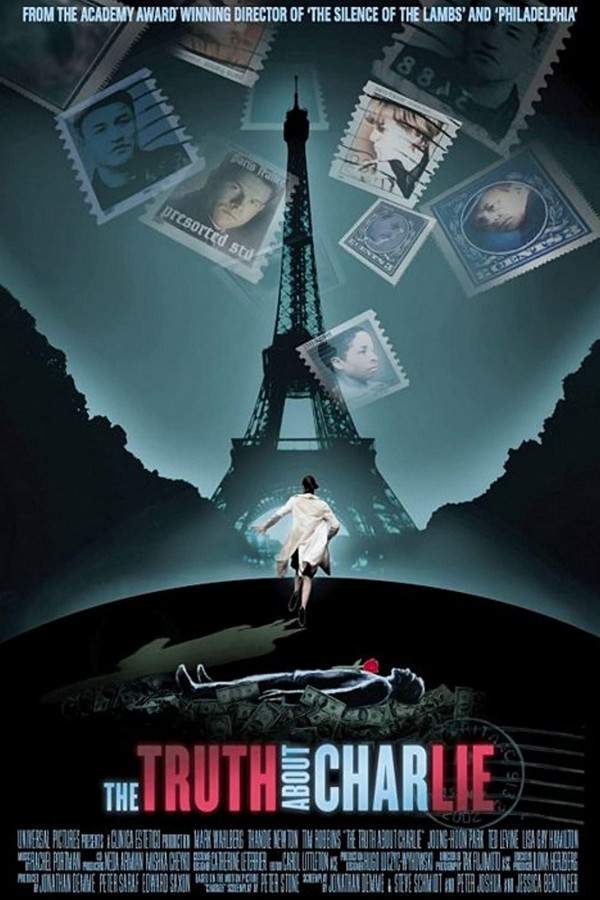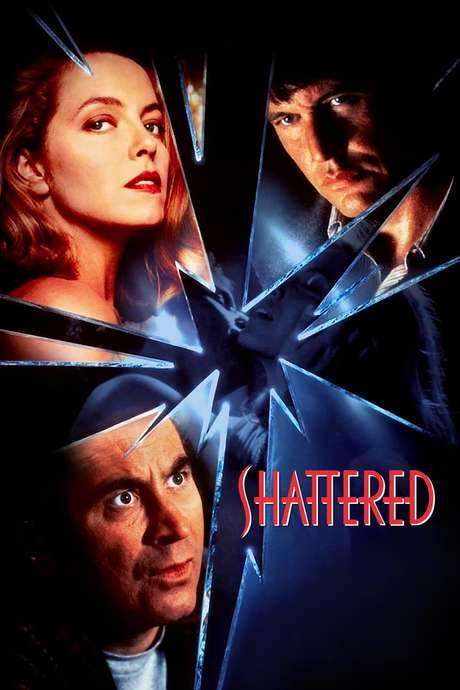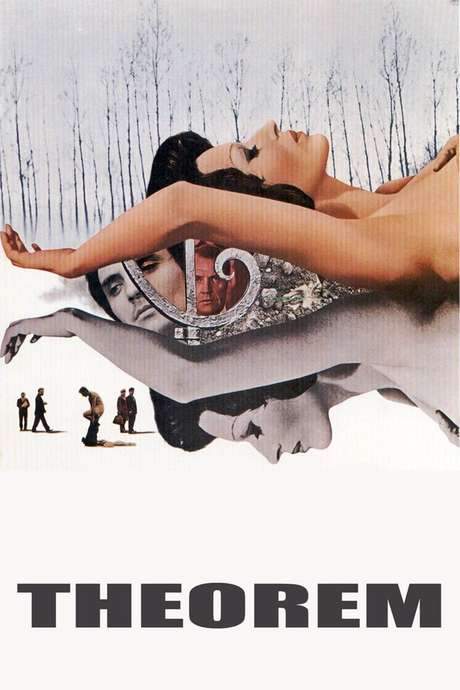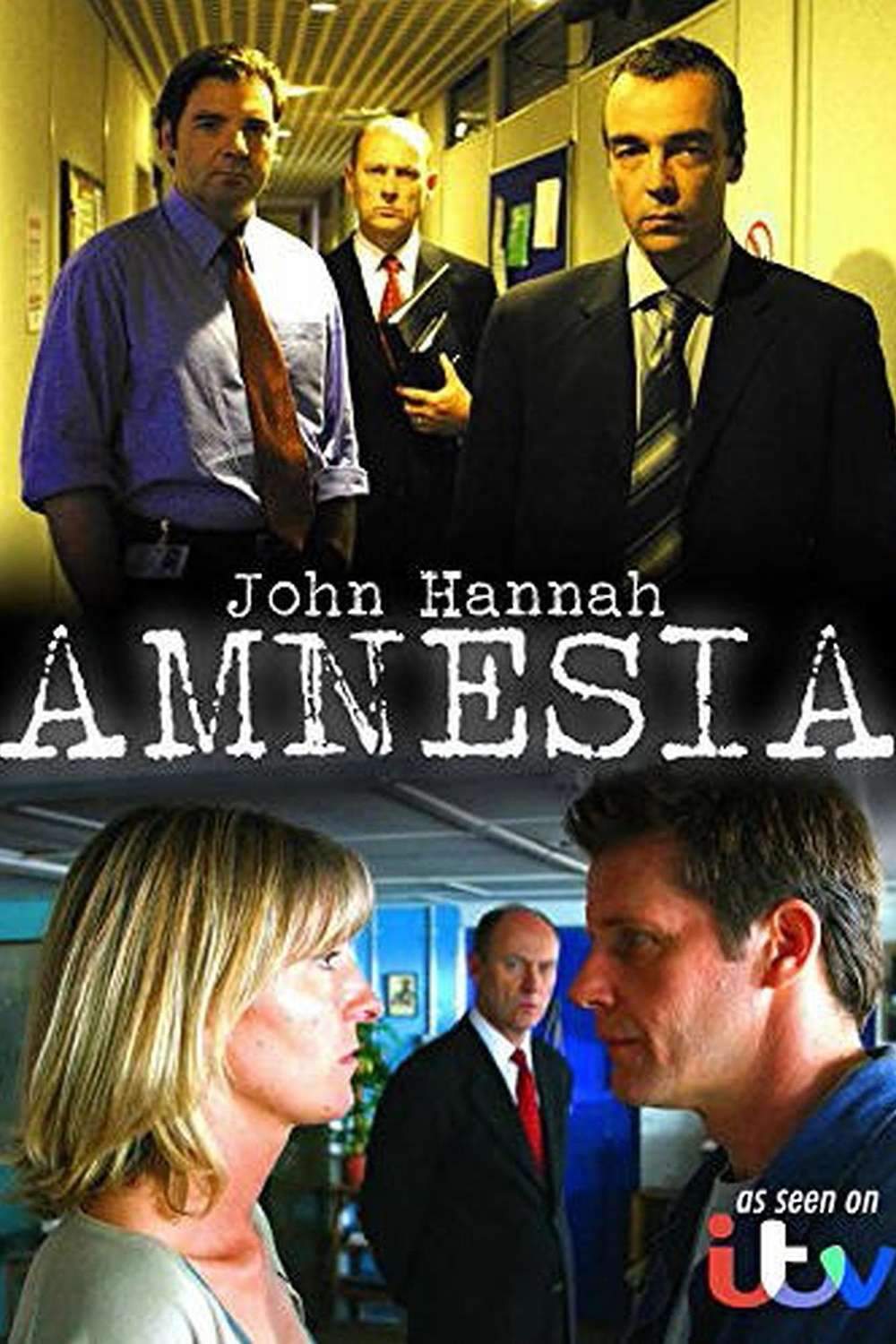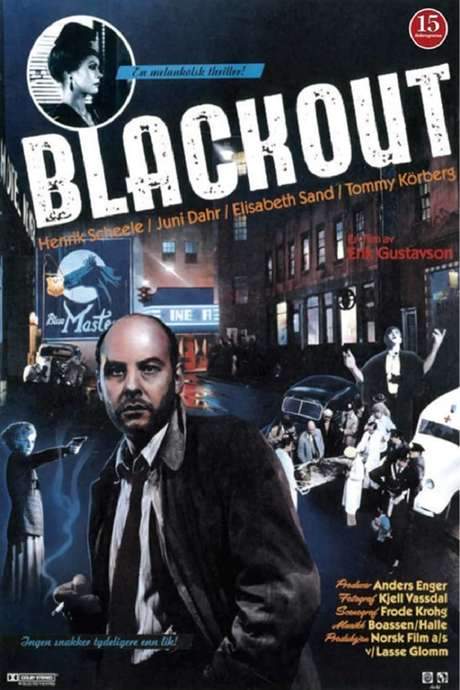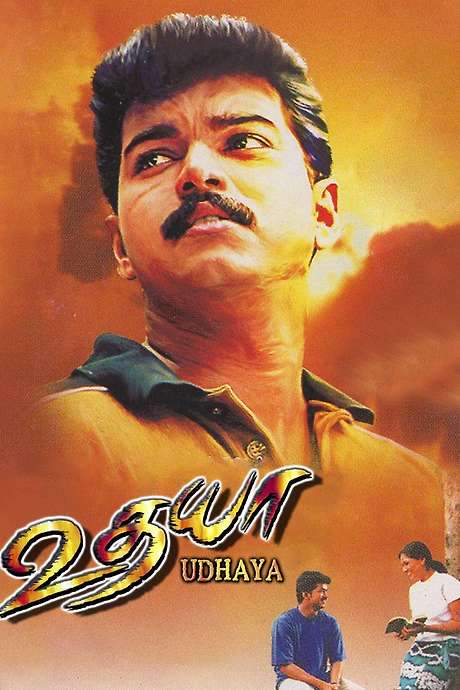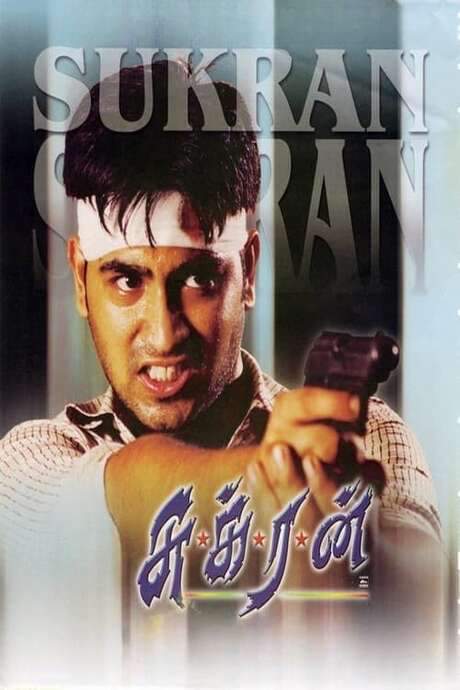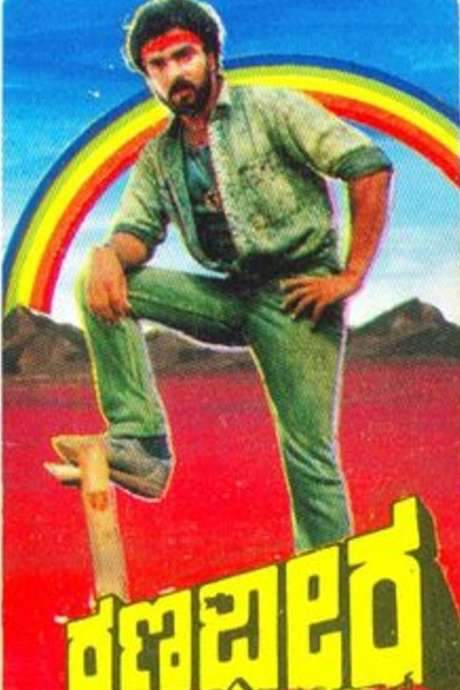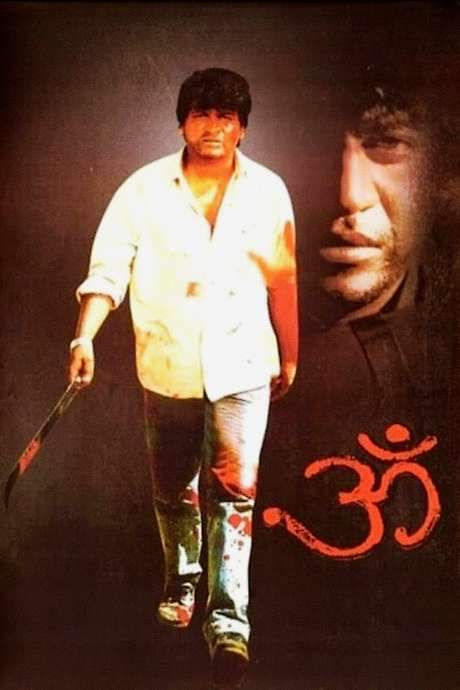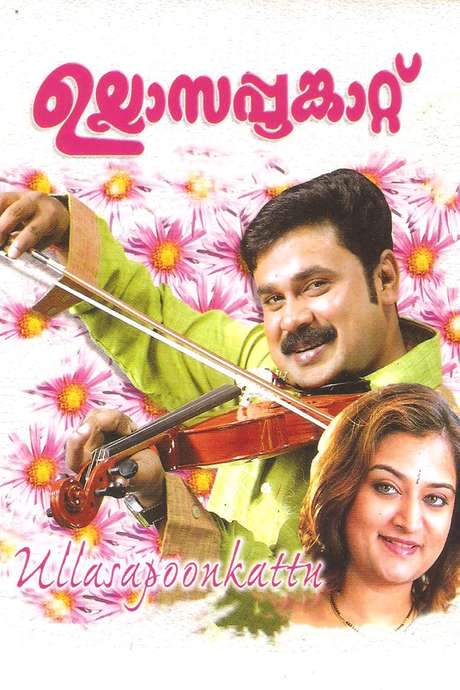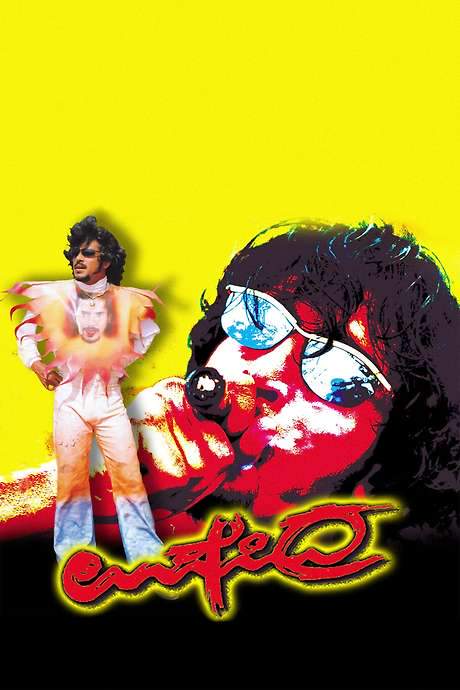
Upendra
Year: 1999
Runtime: 138 mins
Language: Kannada
Honest Naanu, married to Swathi, finds his steady life upended when the determined Rathi pursues him and compels him to accept her affection. Meanwhile, his lingering obsession with his former love Keerthi resurfaces, forcing him to grapple with loyalty, truth, and competing desires.
Warning: spoilers below!
Haven’t seen Upendra yet? This summary contains major spoilers. Bookmark the page, watch the movie, and come back for the full breakdown. If you're ready, scroll on and relive the story!
Upendra (1999) – Full Plot Summary & Ending Explained
Read the complete plot breakdown of Upendra (1999), including all key story events, major twists, and the ending explained in detail. Discover what really happened—and what it all means.
Betala begins to narrate to Vikramāditya a winding tale about Naanu and the three women who orbit his restless ego: Rathi, Keerthi, and Swathi. Naanu, a man shaped by a fierce habit of speaking the blunt truth, has spent his life hating hypocrisy and exposing the hidden truths around him. From early on, his sharp tongue cuts through pretenses, setting the stage for a story that will test love, loyalty, money, and the price of being true to oneself.
Rathi is introduced as a young woman whose father, a swami, embodies a version of religion that Naanu immediately scrutinizes. When Upendra’s character confronts him, Naanu’s candidness lays bare the tension between faith and dogma, and Rathi finds herself drawn to his fearless honesty even as she peels back the layers of hypocrisy that surround her father’s teachings. Rathi’s affection for Naanu grows in tandem with the dangers he attracts by challenging deeply entrenched beliefs, and she becomes more than merely a bystander in his world.
But the story complicates when the plot thread twists toward wealth and power. Keerthi, the daughter of a deceased father who has left his fortune to her husband, becomes the focal point of Naanu’s desires. Keerthi is introduced with a gift-wrapped fortune that could secure a life of comfort for any man willing to marry her; this prospect pulls him toward a marriage that would bind him not just to a person, but to an immense reservoir of wealth. To test this, Keerthi’s guardianship and the schemes of those who crave her wealth come into play, and the first real collision of ambition and emotion erupts as the wedding plans are set in motion.
In a violent turn, Keerthi’s guardian—the son of Marimuthu, a figure whose own motives are as dubious as the wealth he guards—orders an attack on Naanu to derail the contrarian romance. The intruder’s violence brings Swathi, a woman living in Naanu’s own house, into the danger and onto the scene. Swathi is shown not as a mere plot device, but as a person with her own stakes and fears. Naanu steps in to rescue her, and a shocking truth emerges: Swathi is, in fact, Naanu’s wife. This revelation multiplies the emotional web and complicates loyalties in ways that threaten to tear the trio apart.
Rathi, driven by a mix of danger and curiosity, confronts Naanu and confirms Swathi’s status as his wife. She issues a stark ultimatum—she will kill both Swathi and Keerthi and even herself if Naanu chooses to abandon her—yet the admission also marks a turning point: Naanu yields to the tangled reality of his own desires, permitting Swathi to depart for a time. Swathi’s departure is temporary, however, because she returns to intervene and rescue the same couple from Keerthi’s henchmen. In a twist of persistence and persuasion, Naanu convinces her to come back, and she insists that this second chance means that he must not abandon any of them. Yet even as these power plays unfold, the underlying tension remains: Naanu’s obsession with Keerthi lingers, and with it comes a plan that threatens to destabilize all four lives involved.
When Keerthi finally agrees to marry him after a sequence of manipulations and narrow escapes, the air fills with a fragile happiness that feels precarious at best. But joy is short-lived; Rathi and Swathi, learning of the impending marriage, hurry to the harbor to confront the couple. The harbor scene crystallizes the central conflict: Keerthi, confronted with the reality of Naanu’s past and present intentions, withdraws her consent to the wedding. The moment of hesitation sets off a brutal turn as Naanu abducts the three women and eliminates Marimuthu and his son, signaling a descent into a morally gray landscape where love, possession, and power collide.
The trio of women and Naanu converge in an old building, a place that becomes the stage for a final, desperate confrontation. Naanu, now cornered and consumed by the fear of losing control, threatens to bind all three women to him as life partners, a grim tableau that reveals how far his ego has driven him. The women, each holding rods, decide to end the cycle by destroying the root of his power. They stand ready to strike, and Betala’s narration freezes at this threshold, asking Vikramāditya to reveal whether Naanu will survive this deadly moment.
Vikramāditya’s verdict arrives as a philosophical counterpoint: the four figures—Naanu, Rathi, Swathi, and Keerthi—are not mere people but symbolic representations: ego, beauty, responsibilities, and money. In his interpretation, the true survivor is the collective self that transcends any single relationship; the ego must die so that a rebirth can take place. The tale then returns to the man himself.
Back in the mirror, Naanu faces the truth about his life. He feels the sting of shame as he recognizes that chasing after all three women has yielded him no lasting happiness. The moment becomes a turning point: he grasps the importance of “Us” rather than “I,” and he resolves to shed the ego that has governed his actions for so long. In a symbolic act, he rips the shirt bearing his own face, a visceral killing of the inner ego and the self-centered impulse that has driven him to pursue multiple desires at once. The women vanish from the scene, leaving Naanu alone in the old building, drenched by the rain, silent and at a loss for where to go next.
In the end, the narrative leaves a quiet, haunting note: a man who set out to control more than his life now steps into a new, emptier space, where the sound of rain on the corridor becomes a form of introspection. The story’s ultimate message lingers—ego is the root of many misdirections, and true balance arises not from conquering others, but from conquering the self. The tale closes with Naanu moving forward, transformed by a hard-won realization, and with Vikramāditya’s disguised instruction echoing in the minds of those who witnessed the tale: rebirth follows the death of the self, and only by learning to see beyond “I” can one begin the long, difficult process of becoming whole.
Last Updated: October 09, 2025 at 09:25
Explore Movie Threads
Discover curated groups of movies connected by mood, themes, and story style. Browse collections built around emotion, atmosphere, and narrative focus to easily find films that match what you feel like watching right now.
Philosophical character deconstruction like in Upendra
Intense dramas where a flawed protagonist is forced to confront their own hypocrisy.If you enjoyed the intense, ego-shattering journey of Upendra, explore more movies like it. This thread features complex thrillers and dramas where flawed protagonists are forced into profound self-confrontation, leading to heavy thematic exploration and bittersweet personal transformation.
Narrative Summary
Stories in this thread often center on a narcissistic or hypocritical protagonist whose carefully constructed world begins to crumble. Through a series of tense, morally gray conflicts—often with characters representing abstract concepts—the narrative pushes the main character toward a painful yet transformative realization about their true self, typically resulting in a bittersweet or bleak resolution.
Why These Movies?
Movies are grouped here for their shared focus on dismantling a protagonist's ego through high-stakes psychological conflict. They share a heavy emotional weight, a tense and confrontational tone, and a narrative that prioritizes philosophical inquiry over simple plot resolution, creating a uniquely intense and introspective viewing experience.
Dense nonlinear thrillers similar to Upendra
Tense, symbolically rich stories told through fractured timelines.Fans of Upendra's complex, framed narrative will find more movies like it here. This collection features tense, symbolically layered thrillers that use nonlinear storytelling to explore heavy themes of desire, obsession, and personal transformation, creating a challenging and immersive experience.
Narrative Summary
These films often begin in media res or use a framing device, jumping between time periods to slowly reveal the full picture. The nonlinear structure is not just a gimmick but is integral to the theme, reflecting a character's fragmented perception or obsession. The pacing is variable, typically starting slow to establish philosophical ideas before accelerating into a fast-paced, tense conclusion.
Why These Movies?
These movies are connected by their ambitious narrative architecture. They share a complex structure, a tense and unsettling mood, and a focus on using time as a narrative tool to deepen psychological and thematic exploration, appealing to viewers who enjoy piecing together a challenging, intellectually stimulating story.
Unlock the Full Story of Upendra
Don't stop at just watching — explore Upendra in full detail. From the complete plot summary and scene-by-scene timeline to character breakdowns, thematic analysis, and a deep dive into the ending — every page helps you truly understand what Upendra is all about. Plus, discover what's next after the movie.
Upendra Timeline
Track the full timeline of Upendra with every major event arranged chronologically. Perfect for decoding non-linear storytelling, flashbacks, or parallel narratives with a clear scene-by-scene breakdown.

Characters, Settings & Themes in Upendra
Discover the characters, locations, and core themes that shape Upendra. Get insights into symbolic elements, setting significance, and deeper narrative meaning — ideal for thematic analysis and movie breakdowns.

Upendra Spoiler-Free Summary
Get a quick, spoiler-free overview of Upendra that covers the main plot points and key details without revealing any major twists or spoilers. Perfect for those who want to know what to expect before diving in.

More About Upendra
Visit What's After the Movie to explore more about Upendra: box office results, cast and crew info, production details, post-credit scenes, and external links — all in one place for movie fans and researchers.

Similar Movies to Upendra
Discover movies like Upendra that share similar genres, themes, and storytelling elements. Whether you’re drawn to the atmosphere, character arcs, or plot structure, these curated recommendations will help you explore more films you’ll love.
Explore More About Movie Upendra
Upendra (1999) Scene-by-Scene Movie Timeline
Upendra (1999) Movie Characters, Themes & Settings
Upendra (1999) Spoiler-Free Summary & Key Flow
Movies Like Upendra – Similar Titles You’ll Enjoy
Radha (2017) Story Summary & Characters
Nene Raju Nene Mantri (2017) Complete Plot Breakdown
Premato Raa (2001) Ending Explained & Film Insights
Aadi (2002) Ending Explained & Film Insights
Ennai Thalatta Varuvala (2003) Spoiler-Packed Plot Recap
Udhaya (2004) Full Summary & Key Details
Avunanna Kadanna (2005) Full Summary & Key Details
Sukran (2005) Full Summary & Key Details
Desamuduru (2007) Detailed Story Recap
Ranadheera (1988) Ending Explained & Film Insights
Uppena (2021) Story Summary & Characters
Om (1995) Full Summary & Key Details
Anantha Rathriya (1996) Complete Plot Breakdown
Ananda Thandavam (2009) Movie Recap & Themes
Ullasappoonkattu (1997) Detailed Story Recap

